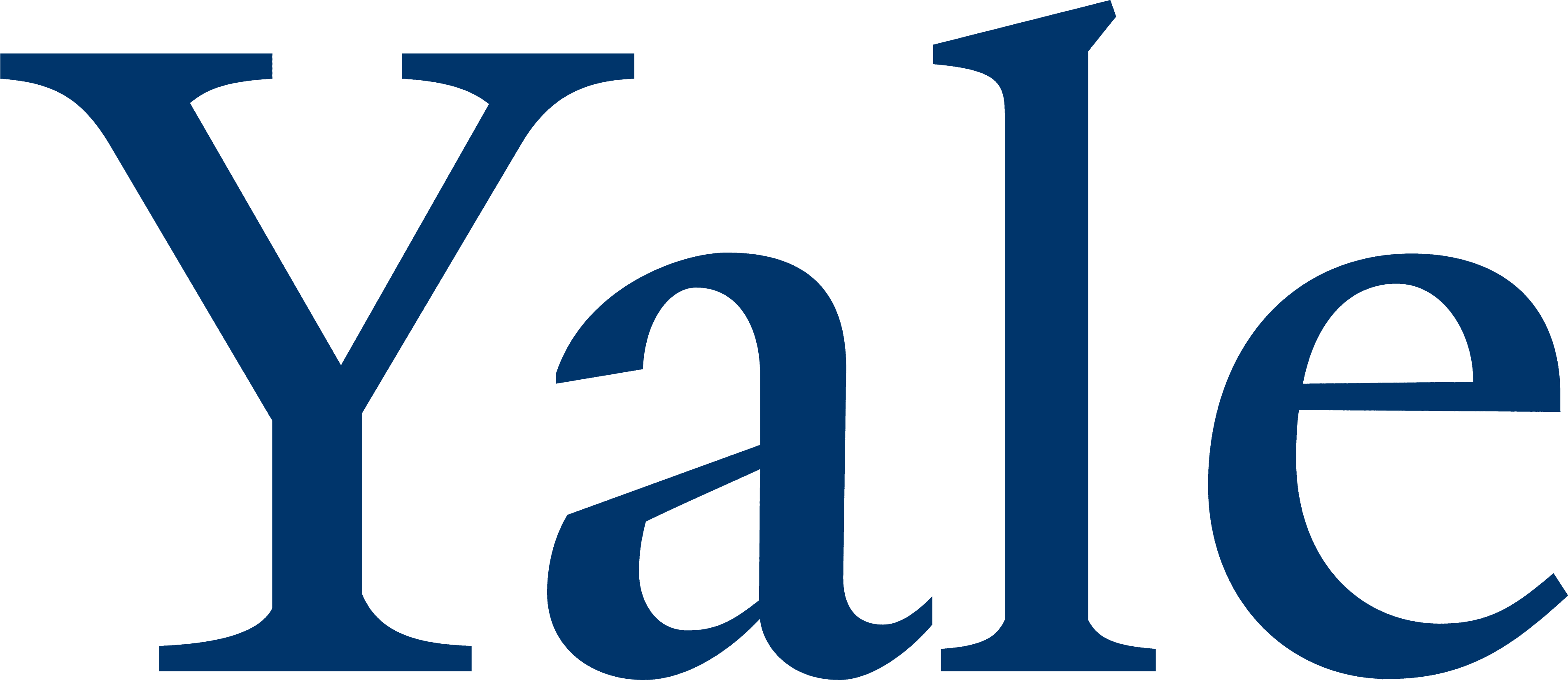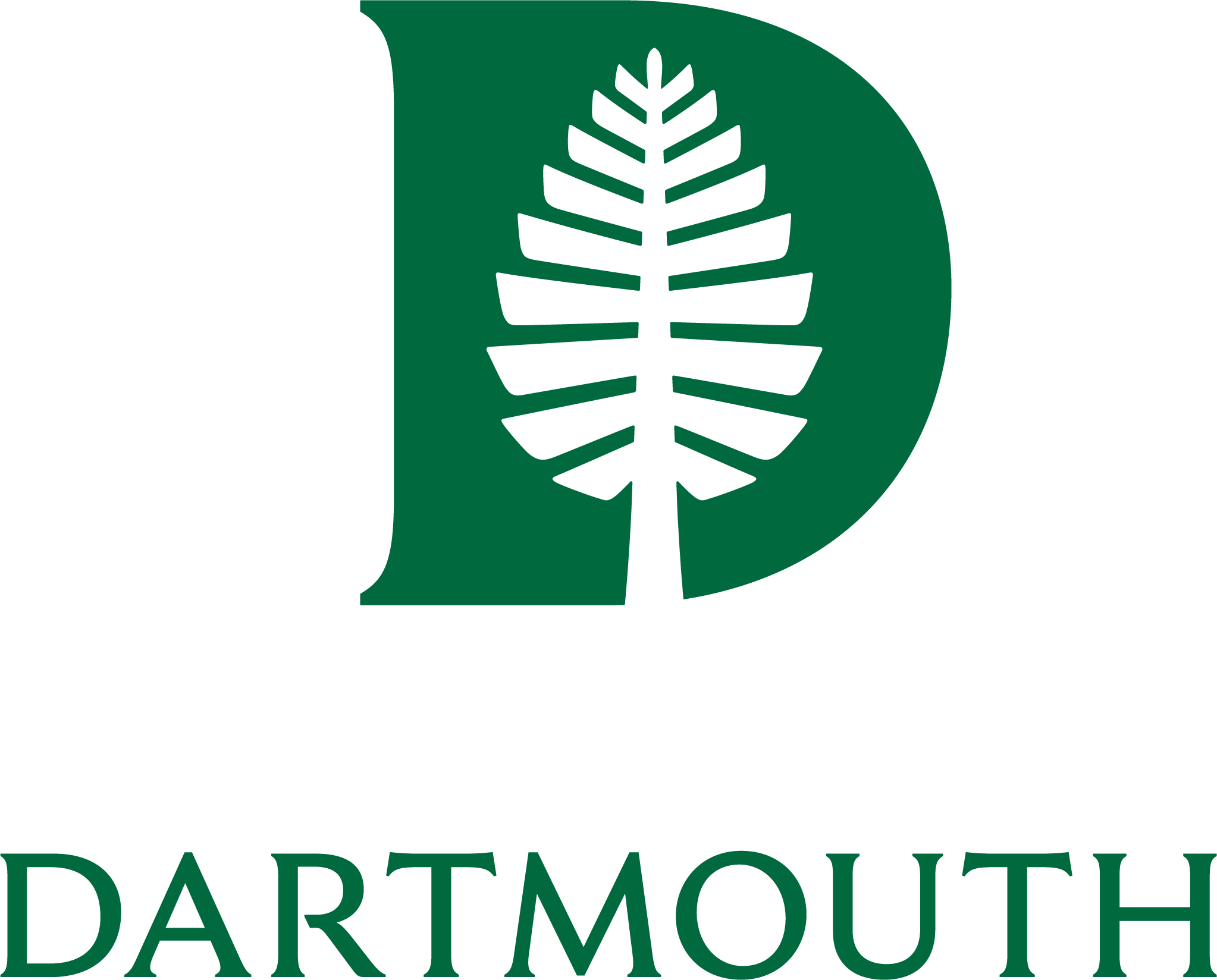
Tensegrity Robotics Workshop
Tensegrity robots exhibit extreme deformations, impact resistance, and light weight, but their coupled dynamics and many degrees of freedom make them challenging to model and control.
Take this brief survey on challenges and opportunities in tensegrity robotics!
Thursday, October 5th from 8:30am - 5:30pm
Room 250C, Huntington Place, Detroit
Contact the organizers at xiaonanh@umich.eduAbstract
Composed of rigid struts and compliant tendons, tensegrity robots boast a remarkable strength-to-weight ratio and demonstrate extraordinary shape morphability, stiffness tuning, and impact resistance. These favorable properties make tensegrity robots an attractive technology for the next generation of adaptive, multi-terrain robots. The unique advantages of tensegrity robots show promise for impact-resistant planetary rovers, pipe-climbing robots that can change their shape, lightweight aerial robots, adaptive underwater robots, and more. However, tensegrity robots’ compliance, coupled dynamics, and many degrees of freedom pose challenges in actuation, sensing, and control. No work to date has achieved the ultimate goal of demonstrating a fully autonomous, untethered tensegrity robot that is capable of navigating unstructured terrain and surviving mechanical impacts. To address this grand challenge, the field of tensegrity robotics needs more research into tools and technologies for automated system design, state estimation, environmental sensing, and autonomous navigation. This workshop aims to bring together not only researchers who study tensegrity robots but also experts in complementary domains, specifically modular robotics, control systems, and sensing and perception, who can provide insights into and solutions to open challenges in our field. In this workshop, we will showcase the state of the art of tensegrity robotics, discuss the grand challenges tensegrity robots face, attract and engage new participants in the field, and facilitate future collaborations.
Invited Speakers
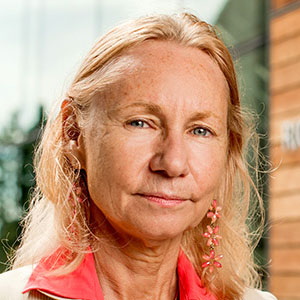
Alice Agogino
University of California, Berkeley
Professor

Muhao Chen
Texas A&M University
Postdoctoral Researcher

Dario Floreano
Swiss Federal Institute of Technology Lausanne (EPFL)
Professor
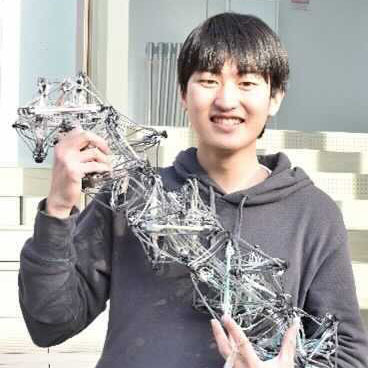
Ryota Kobayashi
Tokyo Institute of Technology
Master's Student

Andrew Sabelhaus
Boston University
Assistant Professor

Hannah Stuart
University of California, Berkeley
Assistant Professor

Vishesh Vikas
University of Alabama
Assistant Professor

Mark Yim
University of Pennsylvania
Professor
Details
Technical Program
The technical program comprises invited and contributed talks from professors, leading experts, postdoctoral researchers, and students. The talks present state-of-the-art research specifically in tensegrity robotics and broadly in complementary fields.
Poster Session and Live Demonstrations
Contributed abstracts were selected for poster presentations and live demonstrations. The poster and demo sessions overlap with coffee breaks and promote discussions among the participants.
Panel Session
All speakers are invited to a roundtable panel discussion focusing on connecting the grand challenges in tensegrity robotics and seeking solutions. The audience will have the opportunity to ask the panel questions.
Schedule
| Time | Speaker | Topic | |
|---|---|---|---|
| 8:30 - 8:40 | Organizing Committee | Opening, agenda, introductions | |
| 8:40 – 9:10 | Ryota Kobayashi | Soft Tensegrity Modules with Thin Artificial Muscles and Their Robotic Applications | |
| 9:10 – 9:40 | Mark Yim | Issues in the Range of Motion of Truss Robots | |
| 9:40 – 10:00 | Luyang Zhao | Untethered Self-Reconfiguring Flexible Modular Robots for Field Deployment | |
| 10:00 – 11:00 | Coffee Break and Live Demonstrations | ||
| 11:00 – 11:30 | Dario Floreano | Modular Tensegrity Robots with Variable Compliance | |
| 11:30 – 12:00 | Alice Agogino | From Space Exploration to Emergency and Climate Response: Challenges and Opportunities | |
| 12:00 – 12:20 | Shuhei Ikemoto | Tensegrity Manipulator driven by Numerous Actuators as Abstract and Reliable Musculoskeletal Structures | |
| 12:20 – 13:20 | Lunch | ||
| 13:20 – 13:50 | Muhao Chen | Tensegrity Automated Systems: Integrating Structure and Control Design Using the Least Necessary Resources | |
| 13:50 – 14:20 | Hannah Stuart | Considering Granular Terrain in Tensegrity Locomotion | |
| 14:20 – 14:40 | Sha Yi | Passive Coupling in Modular Robots | |
| 14:40 – 15:00 | Poster Spotlight Talks | ||
| 15:00 – 16:00 | Coffee Break and Poster Presentations | ||
| 16:00 – 16:30 | Andrew Sabelhaus | Challenges in Control Across Stiffness Scales: From Tensegrity to Softness | |
| 16:30 – 17:00 | Vishesh Vikas | Tensegrity Manipulators and Locomotors | |
| 17:00 – 17:30 | Invited and Contributed Speakers | Panel Discussion | |
Demos and Posters
Live Demonstrations
- James Clinton, Sha Yi, and Zeynep Temel. "Enhancing Heterogeneous Swarm Locomotion Through Simple 1-DOF Arm Mechanisms."
- Idris Hussain, Muhao Chen, David Capps, and Manoranjan Majji. "Tensegrity Actuated Origami Systems for Deployable Aerospace Structures."
- William R. Johnson III, Xiaonan Huang, Shiyang Lu, Kun Wang, Kostas Bekris, Joran Booth, and Rebecca Kramer-Bottiglio. "Tensegrity Locomotion with Closed-loop Control."
Poster Presentations
- Shuhei Ikemoto. "Tensegrity Manipulator driven by Numerous Actuators as Abstract and Reliable Musculoskeletal Structures."
- Alireza Tofangchi, Bismah Rana, Logan Lewis, Alexander Cooper, Douglas Jackson, and Dan O. Popa. "Design of Continuum Robot with Variable Arm Stiffness and Tensegrity Joints."
- Estelle Raffy, Martin Garrad, and Helmut Hauser. "Towards Adaptive Multistability in Tensegrity-based Robotic Systems."
- Ryota Kobayashi, Hiroyuki Nabae, and Koichi Suzumori. "Ball Throwing Tensegrity Robot Driven by Thin Pneumatic Artificial Muscles."
- Idris Hussain, Muhao Chen, David Capps, and Manoranjan Majji. "Tensegrity Actuated Origami Systems for Deployable Aerospace Structures."
- Luyang Zhao, Yitao Jiang, and Devin Balkcom. "Untethered Self-Reconfiguring Flexible Modular Robots for Field Deployment."
- Kun Wang, William R. Johnson III, Shiyang Lu, Xiaonan Huang, Joran Booth, Rebecca Kramer-Bottiglio, Mridul Aanjaneya, and Kostas Bekris. "Real2Sim2Real Transfer for Control of Cable-driven Robots via a Differentiable Physics Engine."
Organizing Committee

Xiaonan (Sean) Huang
University of Michigan
Assistant Professor

Rebecca Kramer-Bottiglio
Yale University
Associate Professor
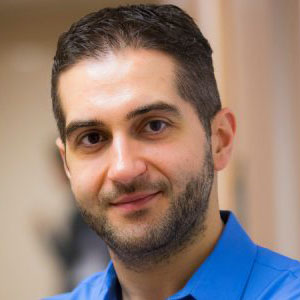
Kostas Bekris
Rutgers University
Professor

Devin Balkcom
Dartmouth University
Professor

Joran Booth
Yale University
Lecturer and Associate Research Scientist

Will Johnson
Yale University
PhD Candidate

Kun Wang
Amazon Robotics AI
Applied Scientist

Shiyang Lu
Rutgers University
PhD Candidate
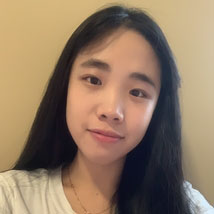
Luyang Zhao
Dartmouth University
PhD Candidate
